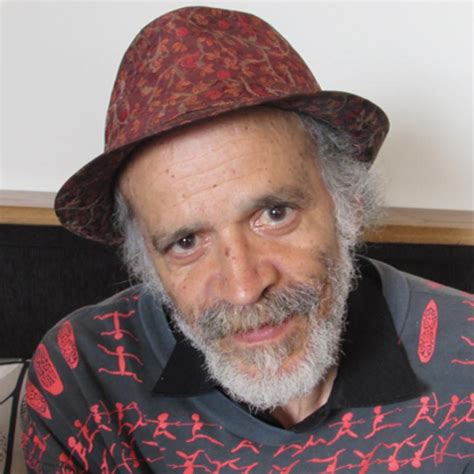A Quote by Marie von Ebner-Eschenbach
The sympathy of most people consists of a mixture of good-humour, curiosity, and self-importance.
Related Quotes
What is the meaning of 'gossip?' Doesn't it originate with sympathy, an interest in one's neighbor, degenerating into idle curiosity and love of tattling? Which is worse, this habit, or keeping one's self so absorbed intellectually as to forget the sufferings and cares of others, to lose sympathy through having too much to think about?
Every act of charity, every thought of sympathy, every action of help, every good deed, is taking so much of self-importance away from our little selves and making us think of ourselves as the lowest and the least, and, therefore, it is all good. Here we find that Jnâna, Bhakti, and Karma - all come to one point.
For even satire is a form of sympathy. It is the way our sympathy flows and recoils that really determines our lives. And here lies the vast importance of the novel, properly handled. It can inform and lead into new places our sympathy away in recoil from things gone dead. Therefore the novel, properly handled, can reveal the most secret places of life: for it is the passional secret places of life, above all, that the tide of sensitive awareness needs to ebb and flow, cleansing and freshening.
I think seriousness is a mask of self-importance and self-importance in turn is a mask for self-pity. So if you're really going to pursue a spiritual way of living in the world, you must be lighthearted and carefree, have humor, be able to tolerate ambiguity and embrace uncertainty, and be forgiving of yourself and everybody else.
Self-interest, to be sure, is one of the most important, but we have many other motives - honesty, self-respect, altruism, love, sympathy, faith, sense of duty, solidarity, loyalty, public-spiritedness, patriotism, and so on - that are sometimes even more important than self-seeking as the driver of our behaviors.
Examine yourself to see whether you have within you a strong sense of your own self importance, or negatively, whether you have failed to realize that you are nothing. This feeling of self-importance is deeply hidden, but it controls the whole of our life. Its first demand is that everything should be as we wish it, and as soon as this is not so we complain to God and are annoyed with people.






































